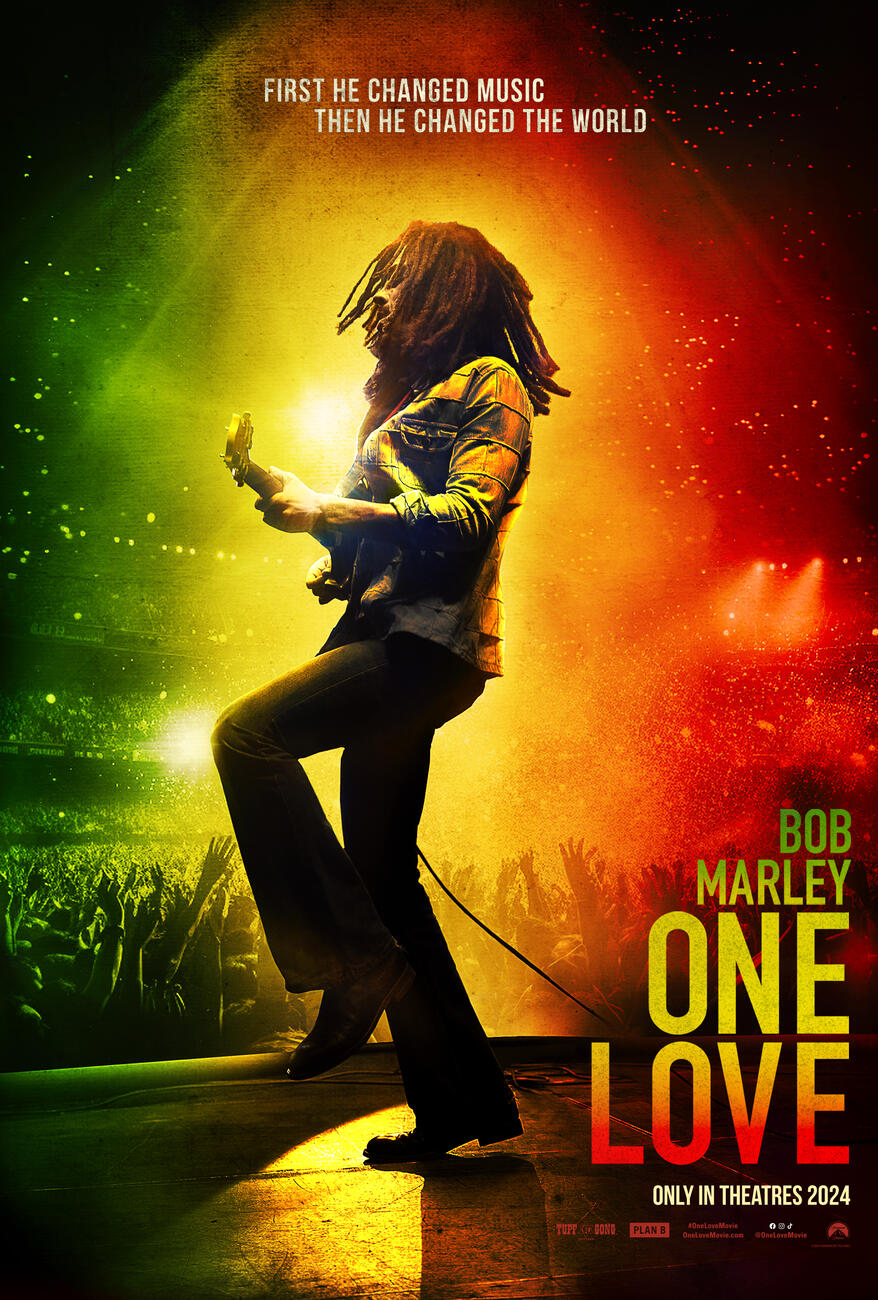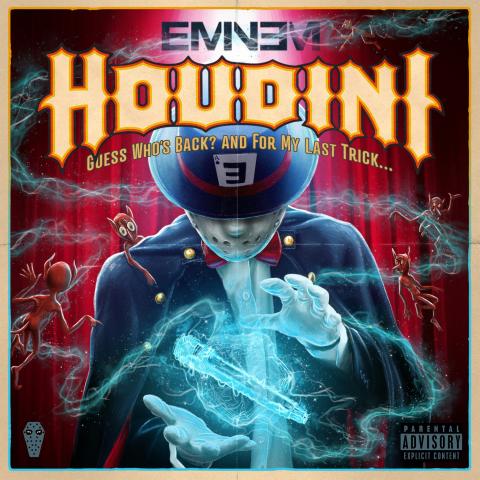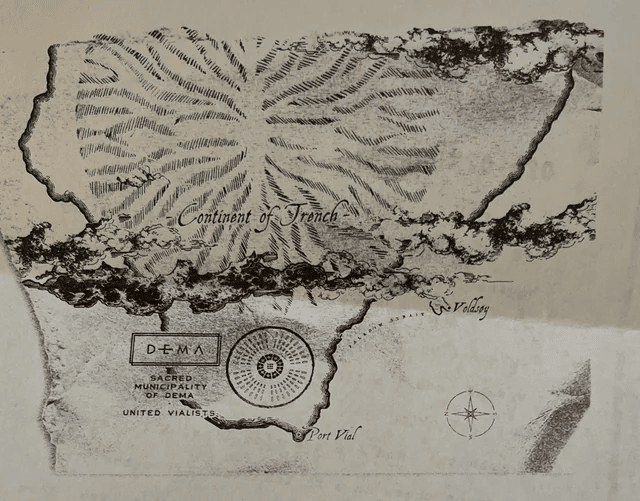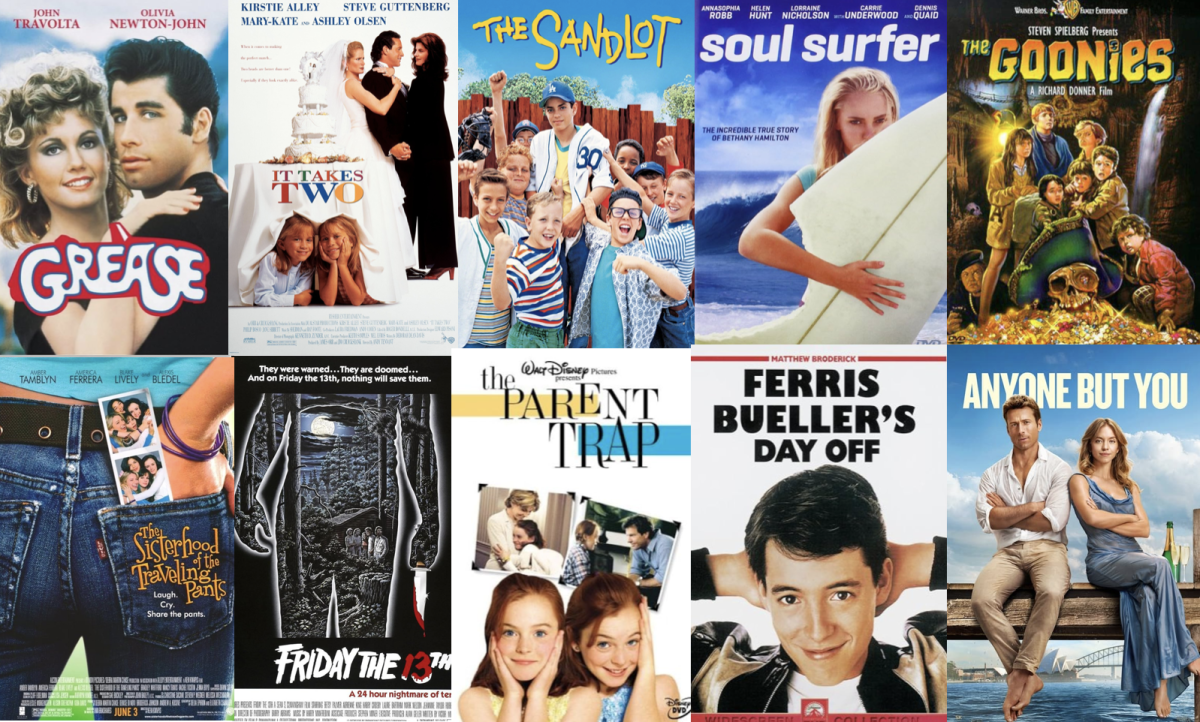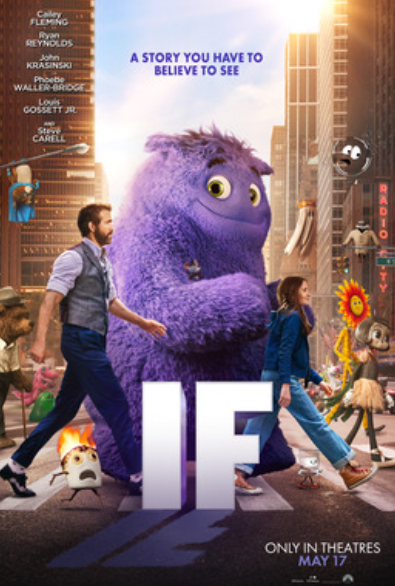Bob Marley’s biopic, Bob Marley: One Love, directed by Reinaldo Marcus Green and produced by Plan B Entertainment, Tuff Gong Pictures, and State Street Pictures, released Feb. 14 with a run time of 107 minutes. With a script derived from stories from Marley’s son, Ziggy Marley, and wife, Rita Marley, the film gave insight into the reggae legend’s life, focusing on his time in London in the mid-1970s. As expected, the soundtrack and concert scenes delivered a familiar and positive atmosphere. However, with a patchy script and questionable chronology, the film falls short of its potential.
One Love starts off strong in the beginning of the movie with an introduction to Bob’s life in Jamaica. In one of the first scenes, his uplifting song “Get Up, Stand Up” plays behind a montage of his day jogging with his friends, fooling around on his guitar, and practicing soccer with his children. The mini-tour around Bob’s vibrant Jamaican hometown is beautifully shot and riveting to watch. His humble lifestyle shows that he was a man of the people. However, it downplays how famous he already was by 1976.
Unlike many recent successful biopics, like Elvis (2022), One Love doesn’t follow the standard birth-to-grave template. Instead, it begins in 1976, when 31-year-old Bob (Kingsley Ben-Adir) prepares for his Smile Jamaica concert. There, he survives election-year violence where gunmen shoot up his house, injuring him and three others. In this intense scene, viewers gripped the seat of their chairs in response to the tension between Marley and a young gunman.
The film centers around the next two years of Bob’s life in London, facing the aftermath of the life-threatening violence and crafting his ninth studio album Exodus. It attempts to build background by including flashbacks of Bob’s childhood and rise to fame, but not nearly enough. The storyline would have benefited from going in chronological order of the musician’s life, instead of blotchy interruptions and flashback memories that fail to fit into the picture seamlessly.
When Bob moves to London, where he spends two years in self-imposed exile, the film avoids aspects of his life and relationships, leading to a hollow plotline. While Bob’s wife, Rita Marley (Lashana Lynch), is understandably not always present, it is only briefly alluded to that he is having extra-marital affairs. Bob spent much of his time in London with the former Miss World, Cindy Breakspeare (Umi Myers), who is the most public of Bob’s other women and the mother of one of his children. However, the film only shows her silently sitting in his studio, and without prior knowledge, viewers would be unaware of her significance.
The limited insight into Bob’s love life becomes an issue in the single scene in which Rita and Bob talk about their relationship. Rita confronts Bob about fame getting to his head and his relationships with other women, but viewers may be confused as to the existence of these actions because of the lack of clarity in the plotline.
The talented actors save the film. Ben-Adir flawlessly portrays Bob’s radiant, charismatic personality. Watching him in the film feels like watching the real Bob Marley perform, especially in concert scenes where his body eccentrically moves to the rhythm, adding visual emotion to the music.
In a different manner, Lynch delivers just as moving of a performance. While her character, Rita, does not get as much screen time, she makes every word meaningful. From longing looks at Bob, to her nurturing and comedic treatment of others, to her confident poise, Lynch pulls off Rita in a meaningful and beautiful fashion.
The vibrant soundtrack brings the film to life. Live performances blend Ben-Adir’s voice with Marley’s archival recordings. In preparation, Ben-Adir learned to sing and play guitar under Ziggy Marley’s guidance. Consisting mostly of Marley’s hits, the superb reggae soundtrack grounds the film and keeps viewers with good vibes.
Marley’s iconic song, “One Love,” was the perfect title for the movie’s Valentine’s Day release. The theater was packed with couples, young and old. The wide audience range solidifies Marley’s timeless impact.
While the plot failed to weave a seamless story, the soundtrack and moving portrayal of Marley make the film enjoyable and worth seeing, deserving of three and a half out of five feathers. Marley’s legacy continues to live on as one of the best reggae artists of all time. Even a stranger to reggae will be in love with the genre by the film’s end.



